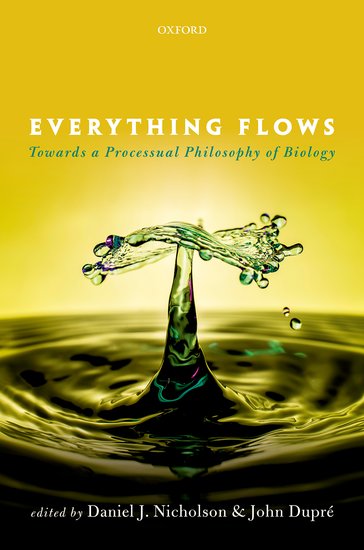Do religious people realize how obvious their insecurities become when they try to define everything they don’t like as religion? I’ve previously written about one example here (“Evolution is religion; intelligent design is science“), and John Staddon, James B. Duke Professor of Psychology and Professor of Biology, Emeritus, at Duke University, has provided another.
As I wrote in part 1, Dr. Staddon is oblivious to the fact that his own argument refutes his central thesis, that secular humanism is a religion:
All religions have three elements. Secular humanism lacks one of those elements. This is the point at which an intellectually honest writer who was not committed to his thesis would reconsider his position. Dr. Staddon chooses another route: ignore the contradiction and stay the course.
I also said that Dr. Staddon’s article was “a hot mess of unsupported assertions, innuendos, and self-contradictions,” but I didn’t go into detail. This post is to give examples of what I meant.








